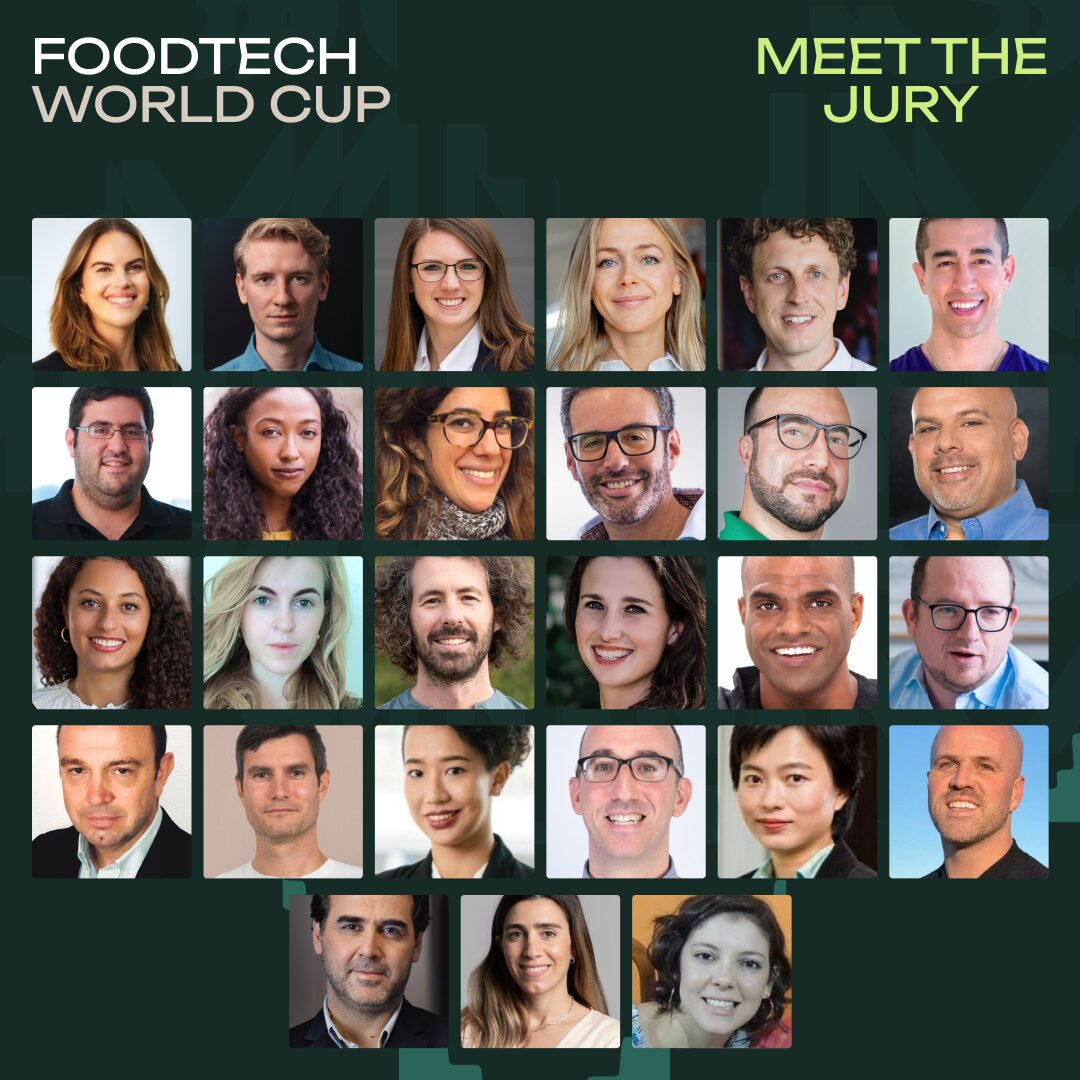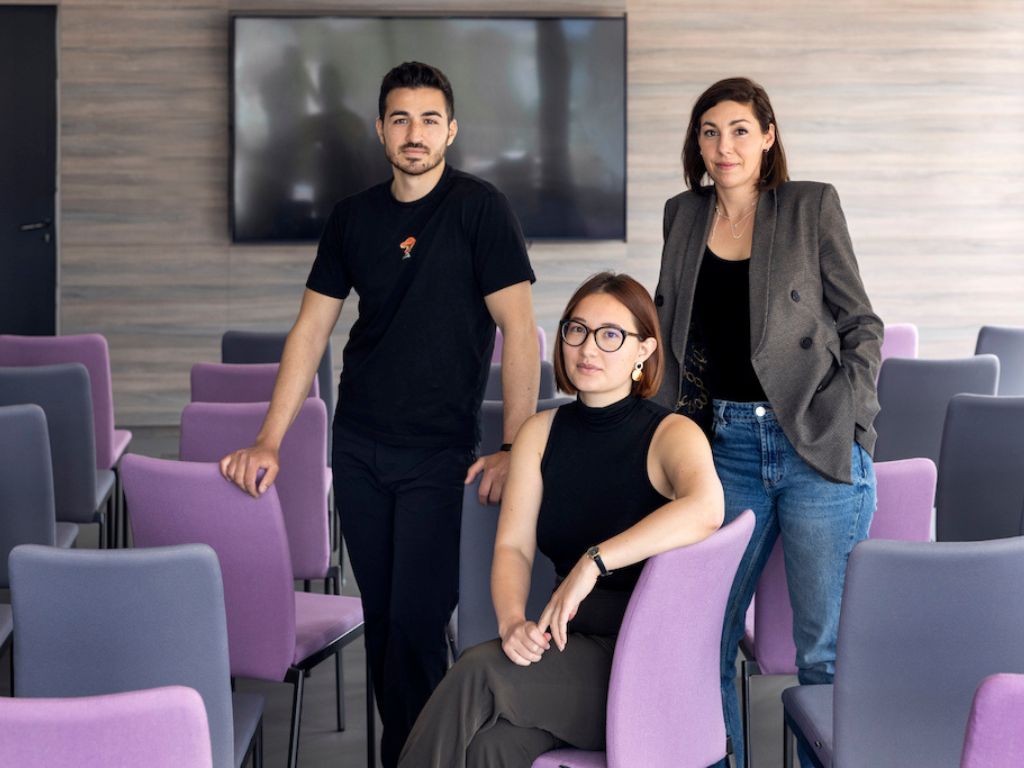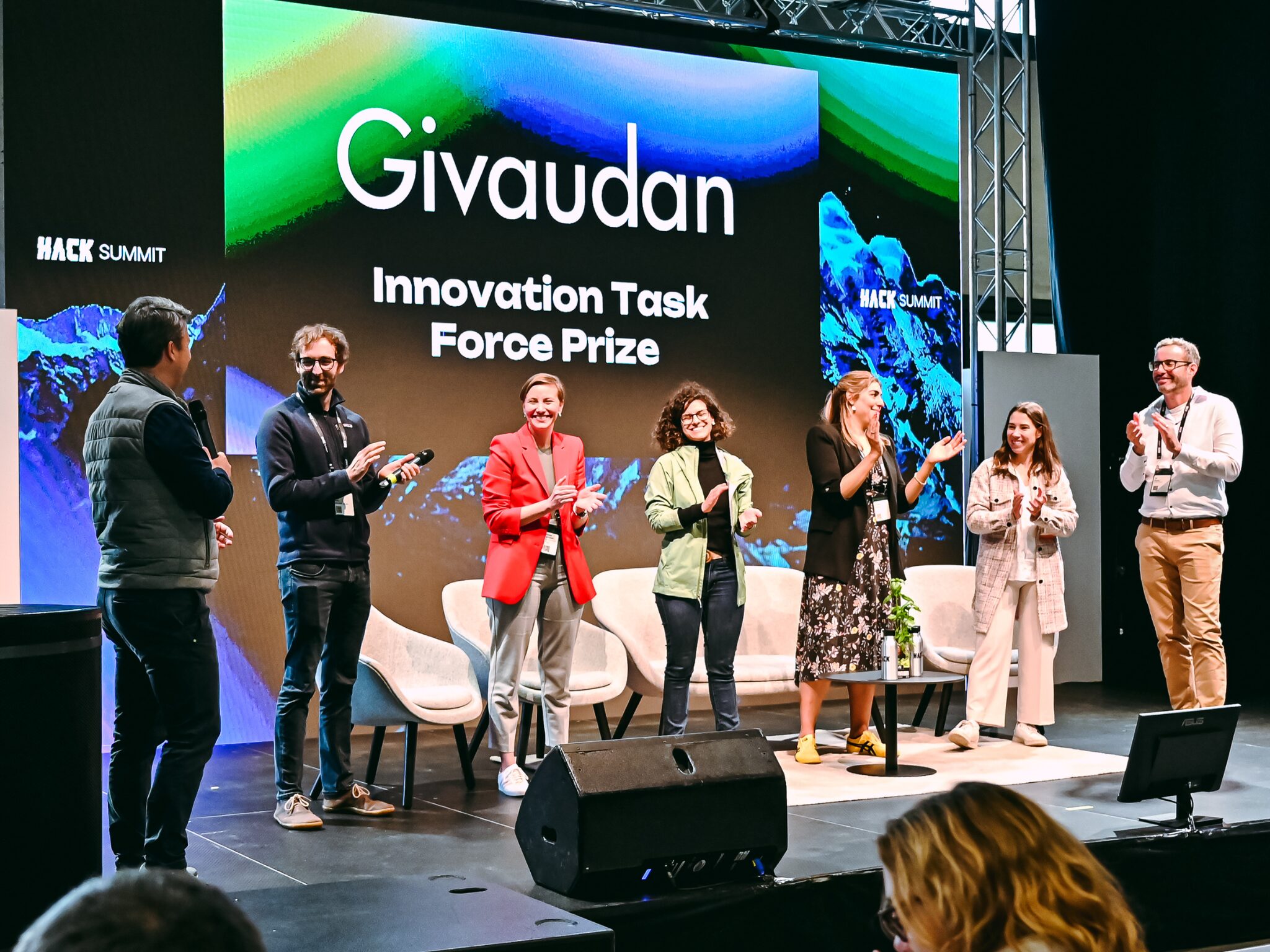FoodTech World Cup: FoodHack & Givaudan Launch Global Tournament for Industry Disruptors
5 Mins Read
Food tech community FoodHack and ingredient and fragrance giant Givaudan have teamed up to launch a FoodTech World Cup, a global competition aimed at finding disruptive technologies and consumer concepts.
With investment in the agrifood tech sector halving in 2023, and legislators in the US and the EU putting up barriers towards alternative proteins in the form of labelling restrictions and outright bans, food tech startups are in a bit of a dire situation.
What makes it worse, in fact, is that now is when we need these innovators the most, with the world burning down and policymakers – for the large part – not really caring. Lately, there has been a growing emphasis on trying to find solutions to feed a 10-billion-strong population by mid-century, just as extreme weather events affect crop failures all over the world. We need food tech solutions, and these startups need help.
This is why FoodHack has partnered with Givaudan to establish the inaugural FoodTech World Cup. The global tournament will tap into local networks to unearth the industry’s most talented founders breaking through the ranks, and help accelerate their growth internationally.
“The ultimate goal is to find disruptive technologies and consumer concepts,” says Alexandre Bastos, head of front-end innovation at Givaudan. “Besides the fun part and an analogy with the most famous sports tournament in the world, the thinking behind the World Cup was to ensure global outreach, engagement with thought leaders in each region, make it competitive and look for startups from everywhere around the world.”
Multiple verticals covering everything food tech

Through its partnership with FoodHack and its partner climate conference HackSummit, Givaudan hopes to “uncover never-before-seen solutions created by exceptional, entrepreneurial Founders who are driving real-world impact for a healthier, more sustainable future for all”, explains Bastos.
The applications are open for stealth-to-seed startups across seven verticals. Food Circularity involves
sidestreams, upcycling and the circular economy; AI and Digital Tools covers disrupting NPD and consumer understanding; Sustainable Proteins focuses on alternatives to animal-derived foods to feed a growing population; Personalised Nutrition addresses food as medicine; Food Safety and Traceability deals with tech across the value chain; Novel Food Product Concepts encompasses CPG ‘brands of the future’; and New Ingredients and Technologies is concerned with improving sensory experiences, health and nutrition.
There is no cap on the number of applications for the FoodTech World Cup, whose qualifiers will run as six Demo Days – one for each region across Asia, Europe, Latin America, Middle East and North Africa, North America, and Sub-Saharan Africa. A total of 60 founders will be shortlisted to present their startups’ potential to a lineup of judges from around the world, including E2JDJ’s Stephanie Dorsey, Clear Current Capital’s Steve Molino, Better Bite Ventures’ Michal Klar, the Nestlé R+D Accelerator’s Susana Reber, The Kitchen’s Amir Zaidman, as well as members from Givaudan’s own team.
“It is great to see a food tech competition that highlights not just the solutions from Europe and the US, but also other parts of the world, especially emerging markets. I am looking forward to seeing all the innovations by founders from Asia in particular,” says Klar.
Asked what will make a startup stand out, Bastos responds: “Solid IP and strongly closing an existing consumer or industry gap. Furthermore, a problem or opportunity which is sizeable at a global level.”
“There’s nothing wrong with a traditional pitch competition, but the approach to the FoodTech World Cup is interesting, because instead of three or four judges making all of the decisions, it’s bringing together many judges based on their respective geographies,” adds Molino. “Not only will this better allow for geographic nuances to be taken into account, but it’s also just a fun way to get a global perspective on startups with the highest potential impact. I also love the idea that the winners of each region will be able to pitch live at the summit.”
Collaborative process to give the winner exactly what they need

Bastos outlines the FoodTech World Cup’s goal to “create an impact for the winner”. And what might that look like? “We will sit together and decide together what would help them most: a proof of concept, an analytical assessment, a pilot run in biotech/extrusion, regulatory support and guidance, consumer understanding, connection with our innovation centres, access to MISTA (San Francisco), Tropical Lab (Brazil), PIC and/or NURASA (Singapore), etc.” he says.
“Essentially, we will take the winner through a due diligence process to best understand the synergies with Givaudan and how we can create a smart and meaningful impact.”
Bastos believes food tech’s biggest challenge right now is capital, followed by the speed of scaling up tech, given the associated complexity, costs, capacity and adoption challenges. “It is amazing how fast the ‘me too’ appear when a promising technology comes to play,” he says. “It is then very frustrating to see so many, largely at the same level with the same challenge, disputing venture capital means and essentially not getting what they really need to scale and scale it fast.”
Finally, touching upon the decline in investment last year, he states that fundamental economic and industry issues have “moved deep pockets away” from the food tech sector, and slowed down expert investors. “We think there was a correction needed if you compare to the high valuations of 2021, but it feels like the downward swing is a little too severe,” he explains.
“We see some reaction, but it is very difficult to predict how it will play out in 2024. This is the time when we will see true leaders standing out to sustain and drive toward the next curve.”
Applications for the FoodTech World Cup are open until April 11, 2024.




